Camping has long been an activity that allows everyone to reconnect with nature, escape the hustle and bustle of normal life, and enjoy the great outdoors. However, there are still regulations and guidelines in place to ensure that camping activities are sustainable and do not damage the environment. One such regulation that has sparked debates and discussions recently is the 56-day camping rule. We will delve into the origins of this rule, its impact on campers and the environment, and the controversies surrounding its implementation.
Understanding the 56-Day Camping Rule
The 56-day camping rule limits the duration of camping stays on a campsite to 56 consecutive days. The rule aims to prevent long-term occupancy, maintain campsites in good condition, and distribute camping opportunities fairly among a larger number of people.
Origins of the Rule
The 56-day camping rule can be traced back to the start of sustainable outdoor recreation management. By limiting the length of stay, authorities aim to reduce the environmental impact caused by extended camping, such as soil erosion, vegetation damage, and waste accumulation. In addition, this rule ensures that campsites remain accessible to a wider range of outdoor enthusiasts, promoting inclusivity and equal opportunity for all people wanting to camp.
Positive Impact on Campers and the Environment
Preserving the Environment: By minimising the duration of camping stays, natural habitats have a better opportunity to regenerate, promote biodiversity and maintain ecological balance.
Equal Access: Shorter camping stays allow more campers to experience the beauty of natural landscapes, promoting inclusivity and preventing overcrowding.
Challenges Faced
Disruption of Long-term Camping Communities: Some campers, especially those who prefer a nomadic lifestyle, may find it difficult to adhere to the 56-day limit, leading to disruptions in their normal way of life.
Increased Travel: Campers are required to constantly relocate, leading to higher fuel consumption and greenhouse gas emissions, which directly counteracts the environmental goals of the rule.
The Debate
The implementation of the 56-day camping rule has led to controversial opinions among outdoor enthusiasts, environmentalists, and policymakers. Some argue that the rule is necessary to preserve natural habitats and ensure fair access, while others argue it is restrictive to individual freedom and the ability to live a nomadic lifestyle. Finding a balance between conservation efforts and respecting the choices of campers remains a challenge for authorities.
The 56-day camping rule serves as a reminder of the ongoing conversation between preserving our environment and upholding individual freedoms. While its intention is to safeguard natural beauty and ensure fair access for campers, it sparks a debate about striking the right balance between regulation and personal freedom.
As outdoor activities progress, it becomes important to devise creative solutions that honour both environmental concerns and the varied preferences of campers. Engaging in open discussions and fostering collaborations are essential steps toward unravelling the details of outdoor recreation management.
By doing so, we pave the way for future generations to enjoy nature responsibly and live in harmony with the environment.
To view our whole collection of tents and more click here:


 Canvas Bell Tents
Canvas Bell Tents Bell Tent Accessories
Bell Tent Accessories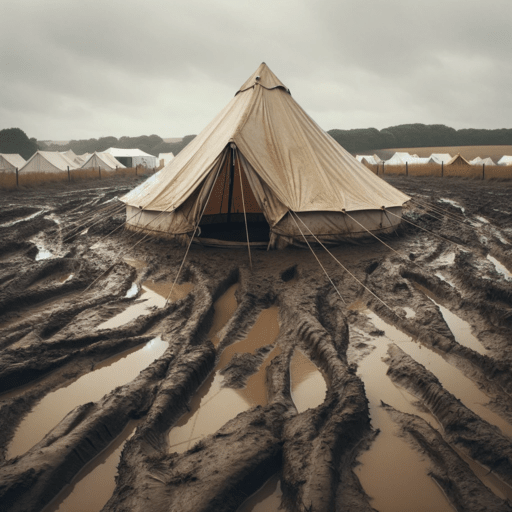
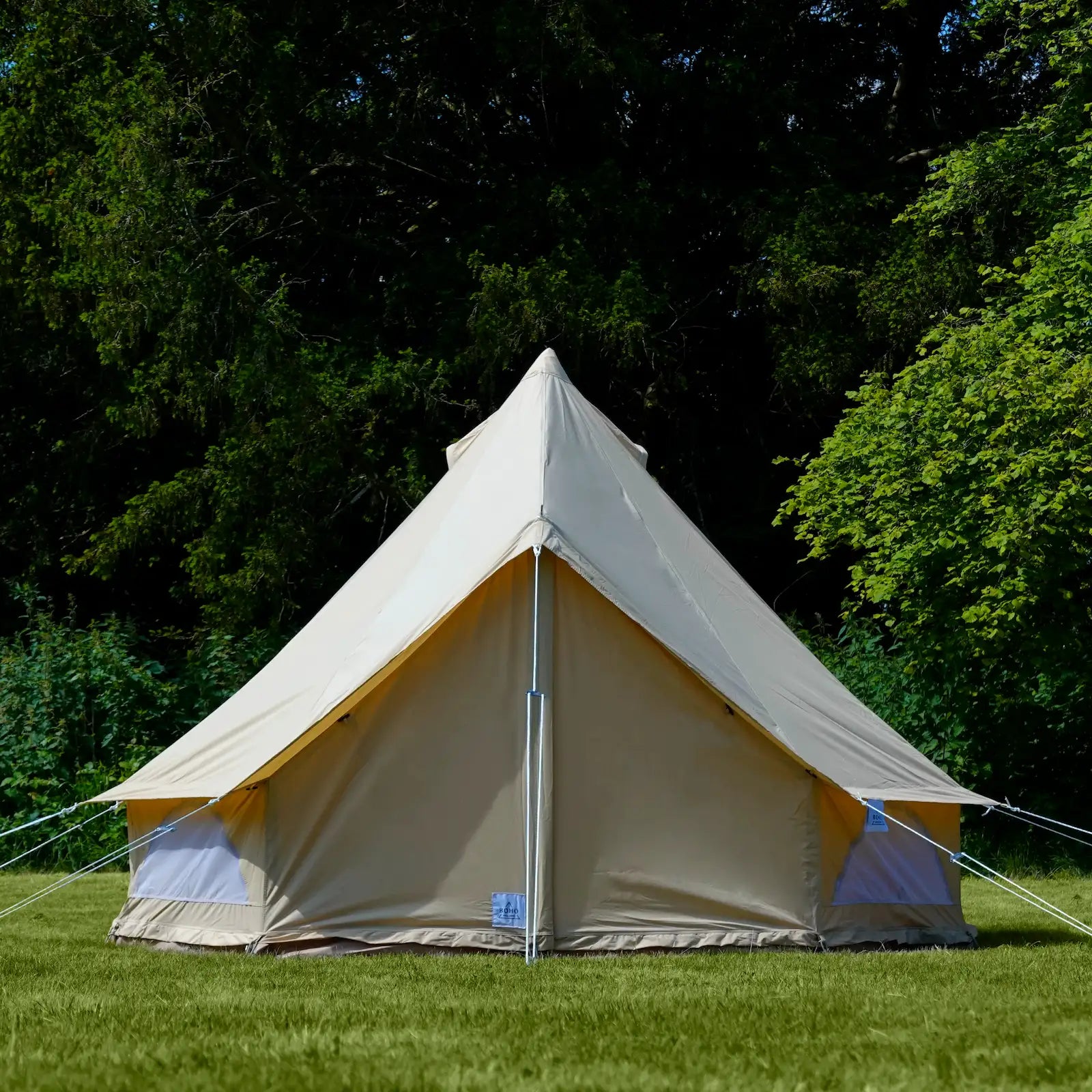

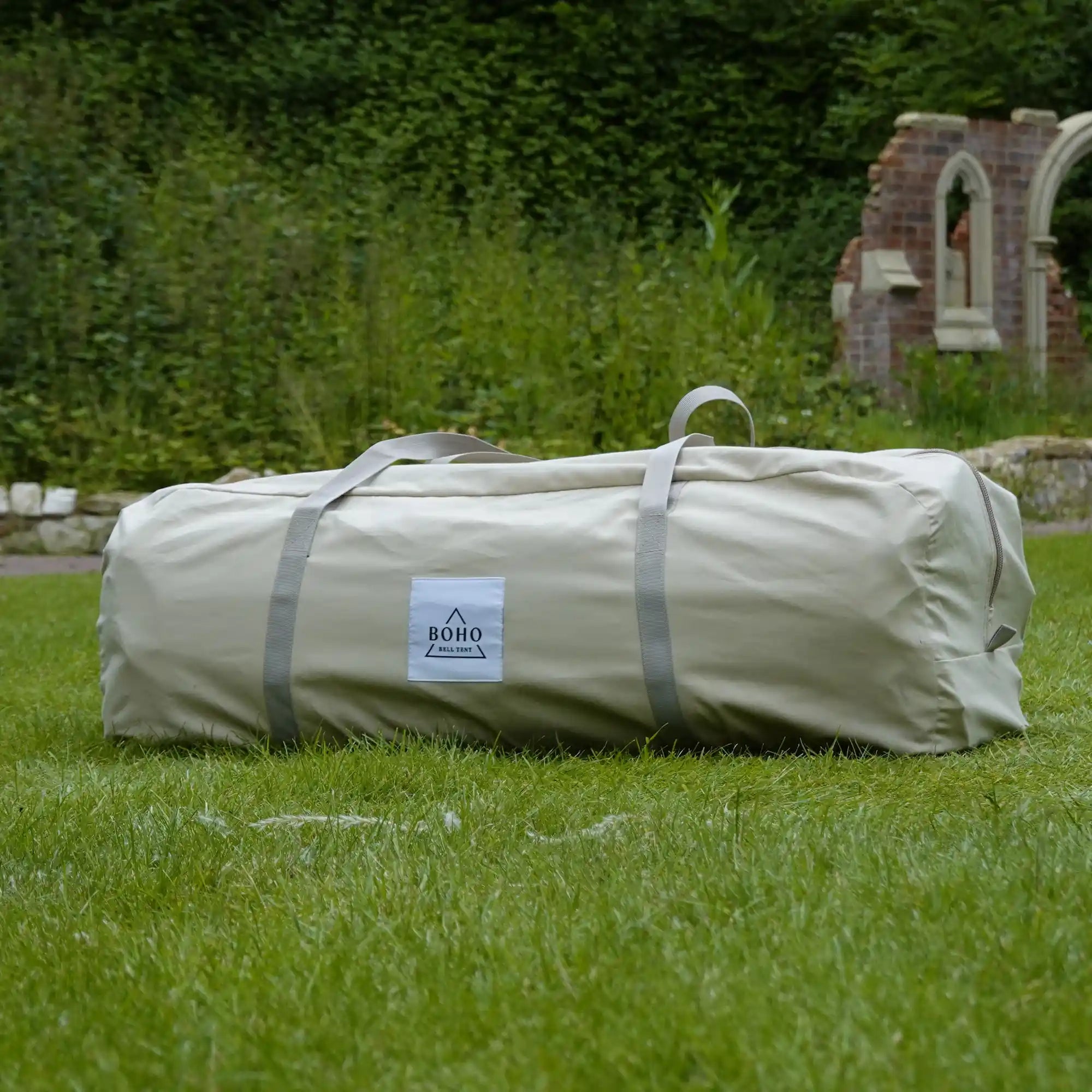
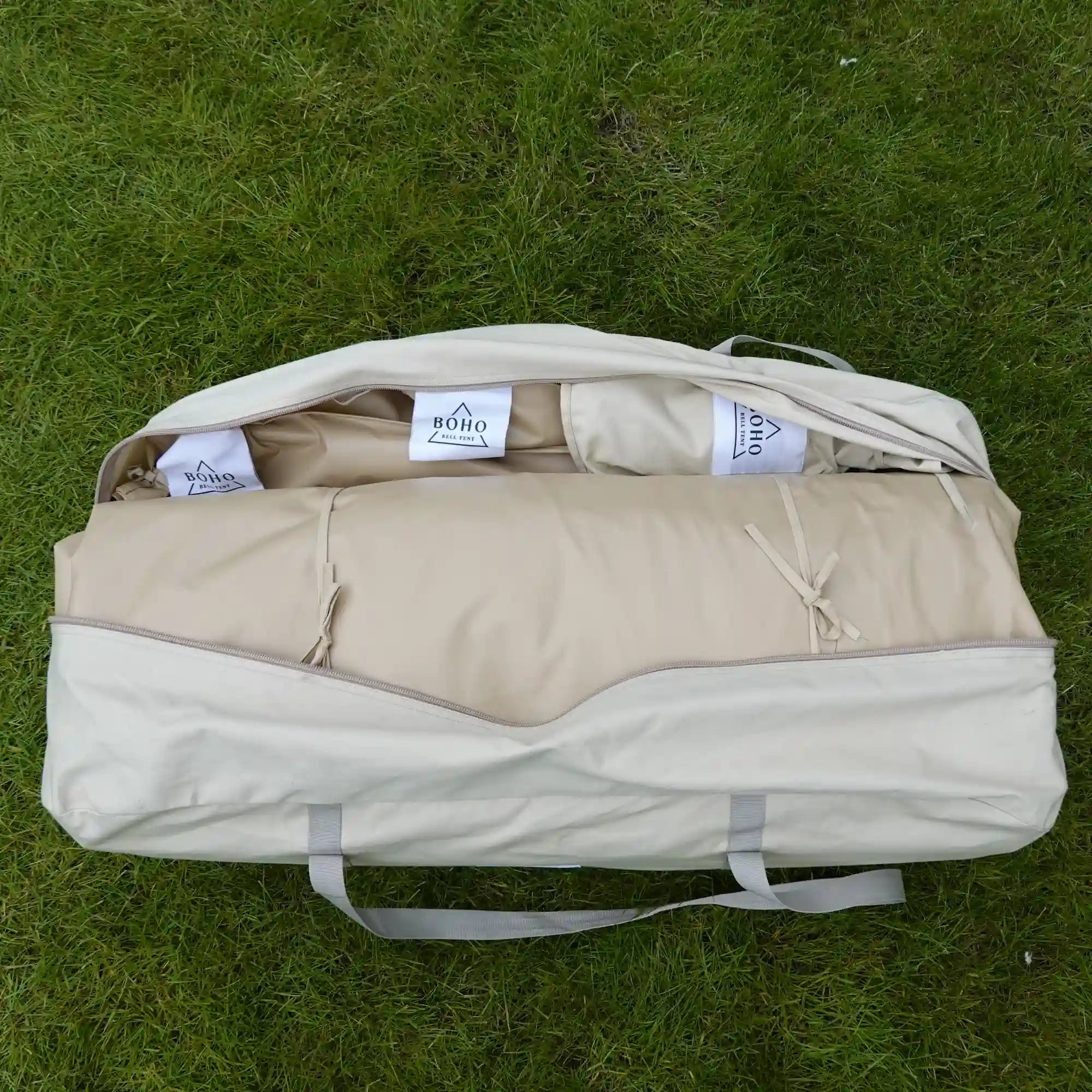
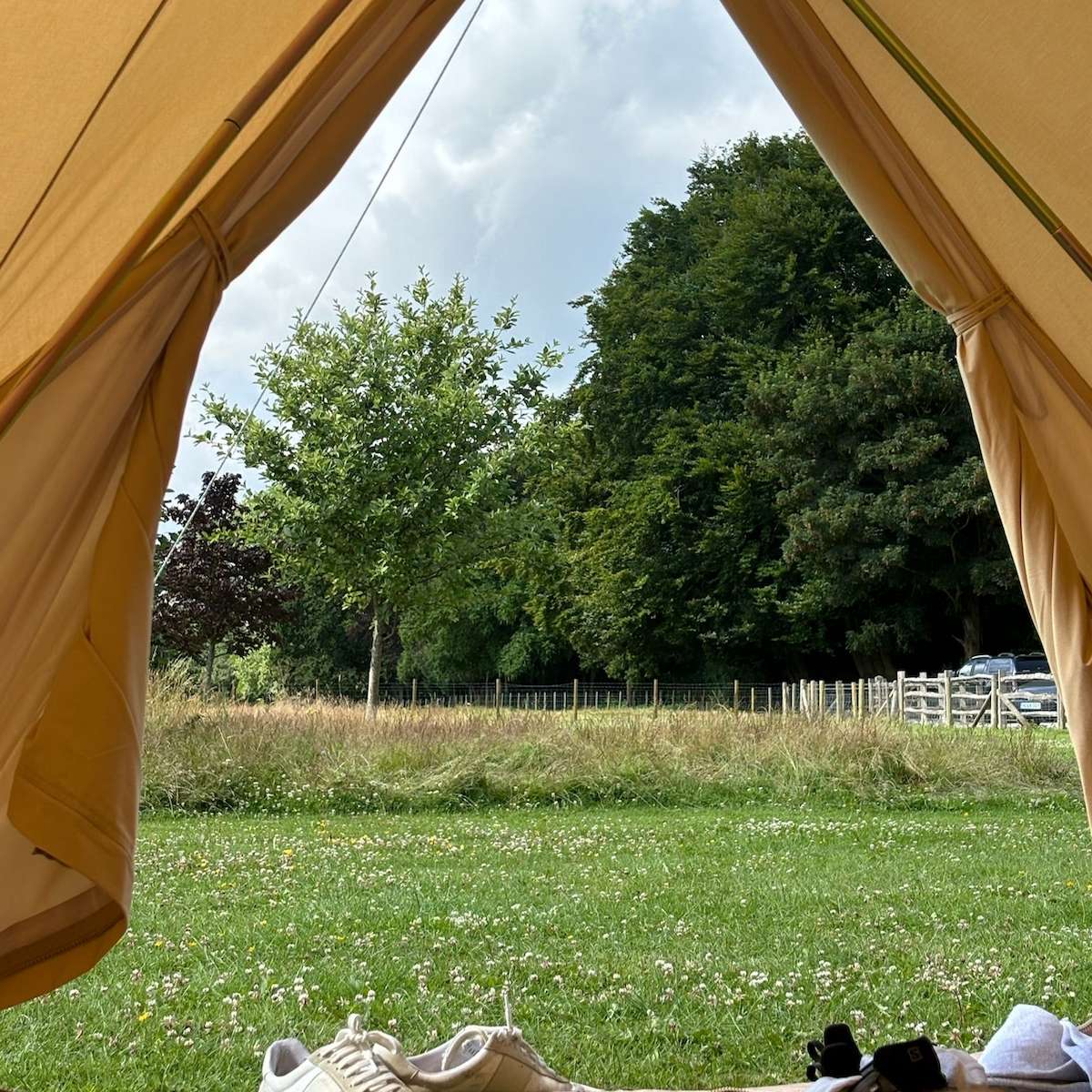
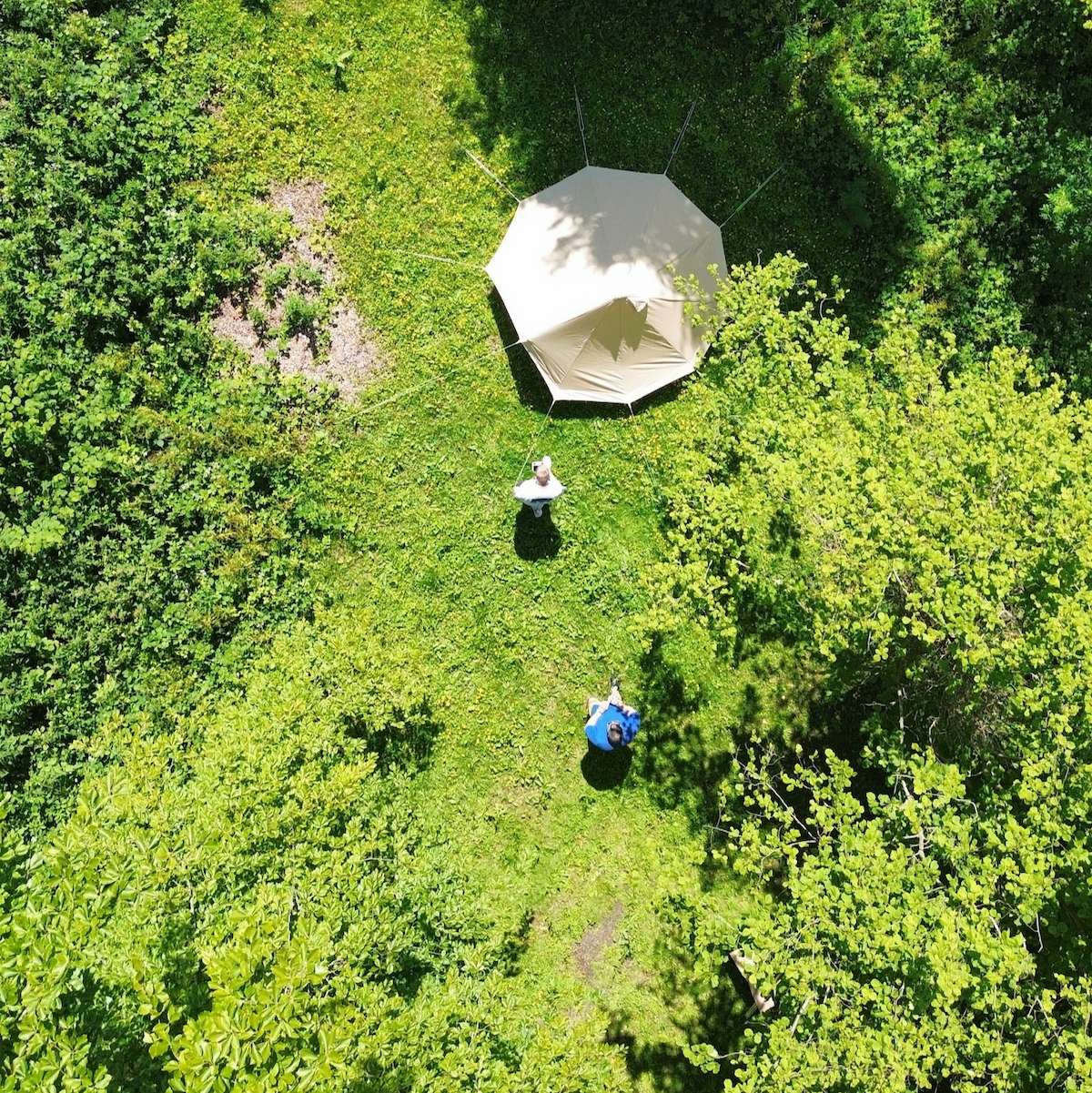


At Boho Bell Tent, we’ve helped hundreds of customers find the perfect setup for festivals, weddings, and off-grid escapes. So if you need any help at all, be sure to reach out!
Share:
3 Things To Know Before Buying A Bell Tent For Your Event
Can You Use Bell Tents in Winter?